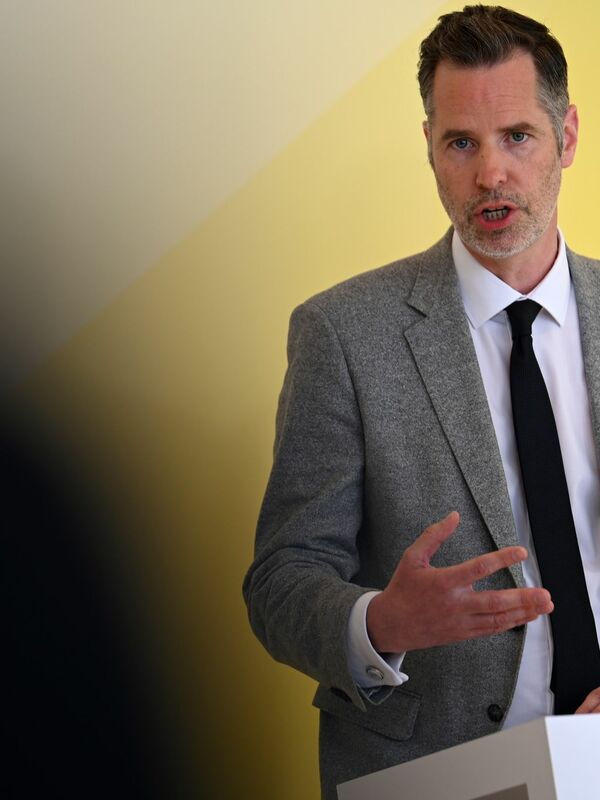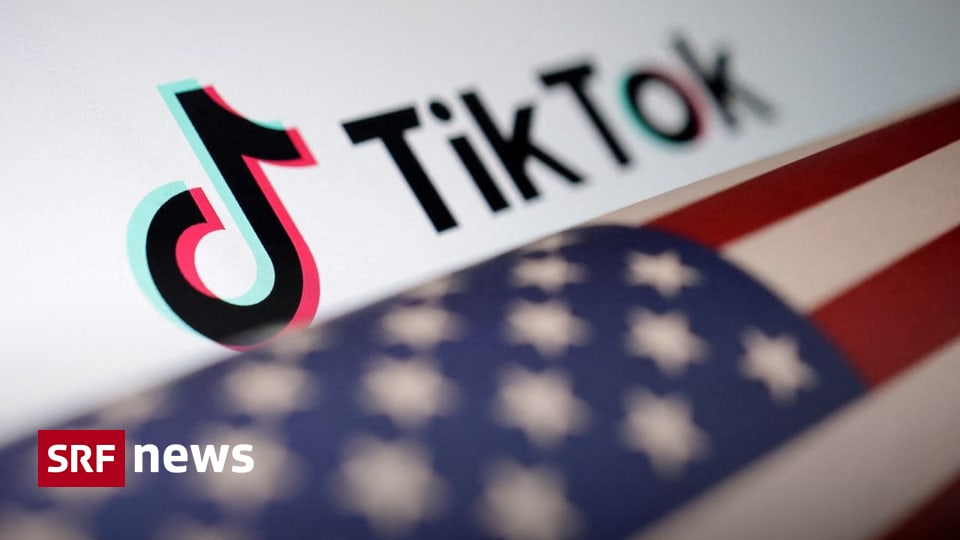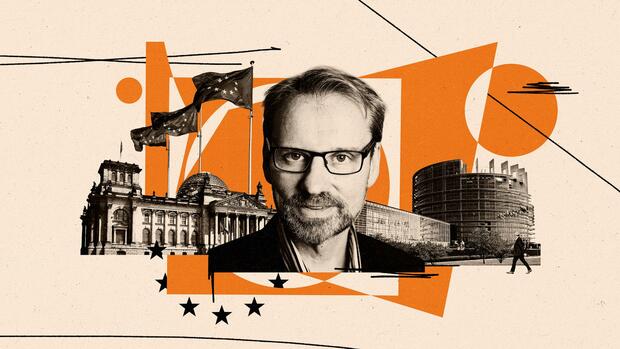I first heard the word “Eurosceptic” in the late 1980s. At that time I was working in the editorial office of the British newspaper The Times in London. The term appeared in the days of Margaret Thatcher and Treasury Secretary Nigel Lawson in opposition to membership in the European Monetary System. To my deep shock, a friend of mine casually told me three years later: The Eurosceptics are winning.
Sometime in between, a young rising star among my peers wrote a review of a French movie. He hated him. It was then that I read the word “Eurotrash” for the first time. The term “Eurocrat” was invented many years ago. Interestingly, many British newspapers, regardless of whether they are friendly or critical of the European Union, refer to the European Union as a “bloc”, just as parts of the Soviet Union have been denounced as the Eastern bloc.
Stories originate from words. And stories create narratives – that is, the stories we tell ourselves over and over again. Eurosceptics dominated the narrative through the media the European Union has relied on wrongly.
French was the lingua franca of the European Economic Community when it had only six members. But the larger the European Union, the more English is spoken. Skepticism of Europe became their predominant accent.
Today’s top jobs
Find the best jobs now and
You are notified by email.
Various attempts to create a common multilingual media space have failed. I once participated in a German-British newspaper project. It has failed for exactly the same reason as Britain’s failure to join the European Union. True integration – this was not what the UK wanted.
I have come to the conclusion that the European Union must ultimately create its own media space and not allow its words and narratives to be imposed by outsiders. The UK is no longer in the European Union. British journalists are now foreign correspondents.
The British media should not give guidance
However, English is still the lingua franca. But just as London cannot remain the main financial center of the European Union after Brexit, the European Union cannot always count on the UK as a convenient location for the mainstream media.
The British media are still as obsessed with Europe as they were when the Brexit discussions were at their height. The tabloids of European importance still predict the imminent demise of the European Union almost every day. In the somewhat more serious reactions of my readers, I have noted an interest in the future of Europe.
The opinions expressed are mostly negative. In contrast, there is hardly any discussion in the European media. I don’t think it is in the interest of the European Union for Britain to lead the way on this issue. Because it is expected to lead in a skeptical direction in Europe.
The European Union should create its own media space and not allow Britain to impose its narratives on it.
I see three trends that will make it easier for the European Union to wean itself off from the British and American media.
The first is the emergence of social networks. Twitter Not a media company, but it challenges the oligopoly of the newspaper network by providing alternative access to news and commentary. British and American journalists and think tanks still firmly dominate European discussions on Twitter. But the number of Europeans is much greater than it was five years ago.
Discussions are often held in English – but at least they are not supervised or censored by English-speaking editors. It is difficult for a mere mortal to get a letter or an article published in an English language newspaper. It’s easier to get the attention of the larger Twitter community. Twitter is a more democratic marketplace for ideas.
The second development, which is even further, is the improvement of the usability of translation software to override the English language as the lowest common denominator in written communication. When we started Eurointelligence in 2007, the only decent translation software available was algorithmic midway. These packages were barely usable and often produced ridiculous subtitles.
The common media room should be built from the bottom up
My favorite example is translating the name of the Spanish central banker, José Luis Malo de Molina. Our program translated its name as “bad”. Even worse, translations from several European languages were jumbled up.
With the advent of statistical translation, it became possible to translate a Finnish article into Spanish and understand the essence of the article. Reading is still not fun, but it’s at least good enough for many professional purposes.
It may be too early to create a media business that relies on translation technology, but the presence of such technology in constant development makes a difference.
Finally, be aware that a common media room must be built from the bottom up, not the top down. Euronews was an example of the top-down approach. Arte, the Franco-German cultural channel, is an example of the latter. Arte is without doubt the elite television, as well as the English language newspapers from the perspective of the continental European reader.
I understand why EU institutions relied on a small number of English speaking media when the UK was a member. I was a part of it myself for many years. Now that the UK is out, it is time to start thinking about communication as well, the channels through which it flows and the tools and technology needed to make it work for the European Union.
And think about how Britain left the European Union. It started with words and stories. The European Union needs its own state.
The author is the administrator of eurointelligence.com.
More: The European Union is burdened – and this has dire consequences.

“Award-winning music trailblazer. Gamer. Lifelong alcohol enthusiast. Thinker. Passionate analyst.”





More Stories
Harry's plan to crown Charles sends a clear message, Insider reveals
'The Last of Us' series is already celebrated – is it better than 'The Walking Dead'?
US broadcaster justifies Kate's jokes on live show – and receives criticism